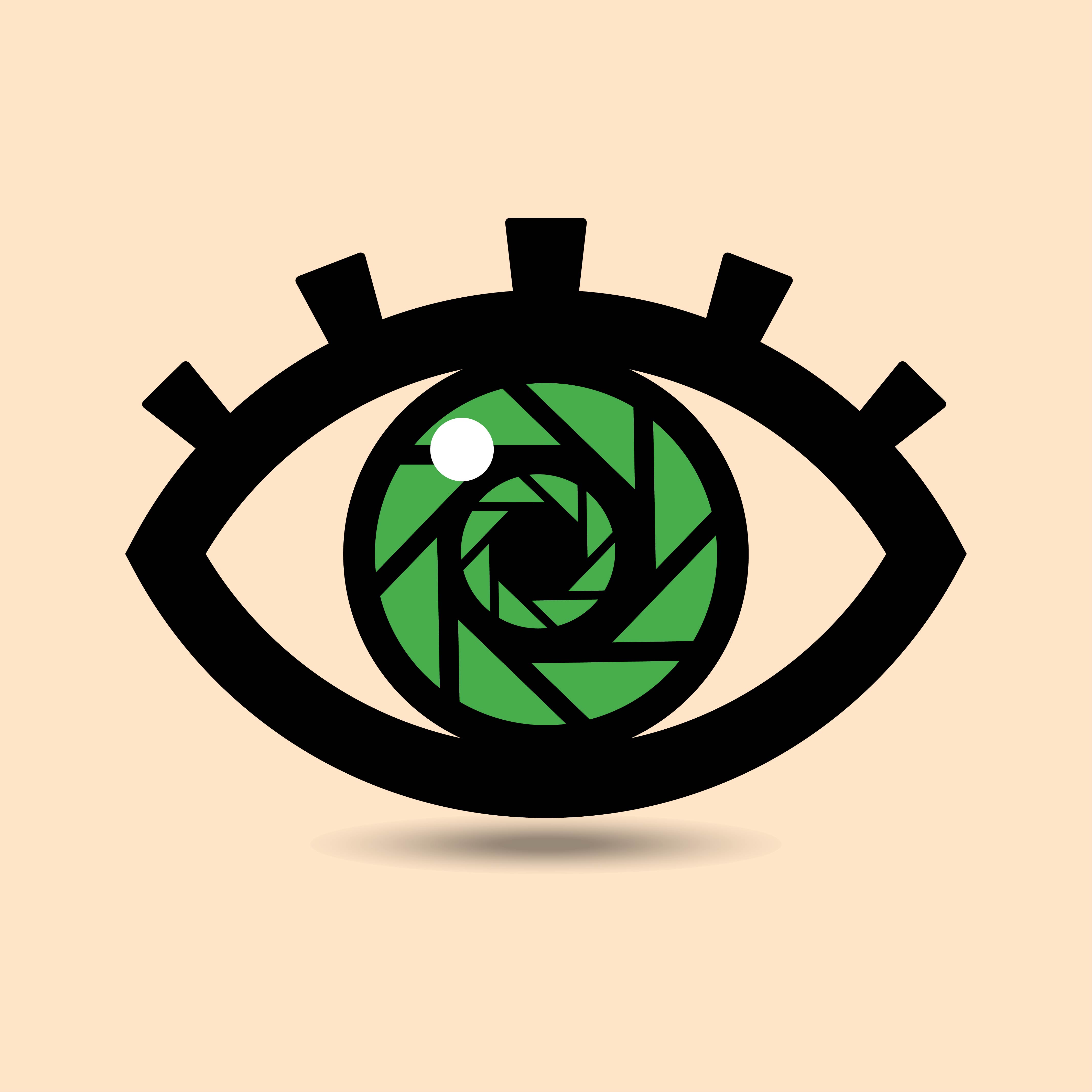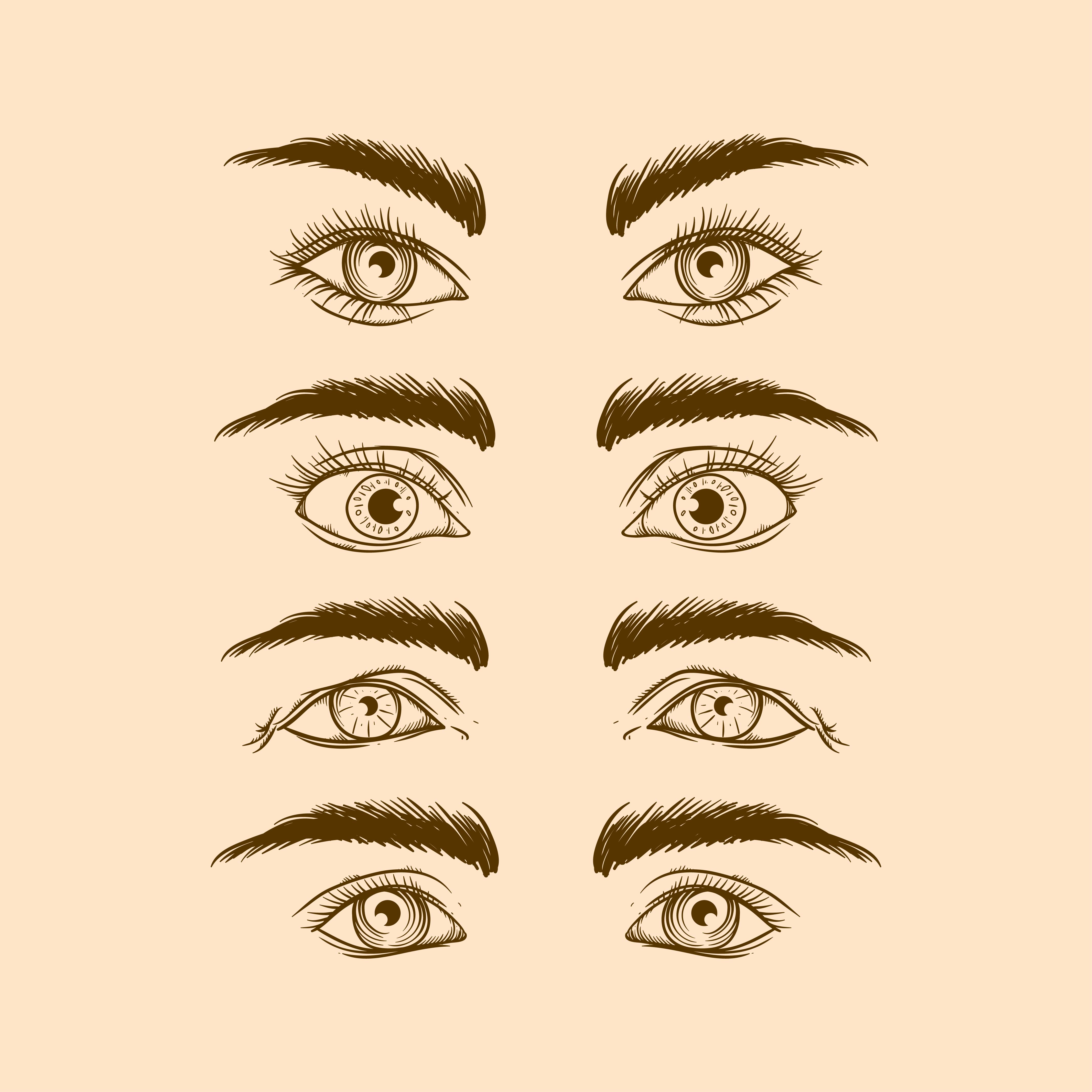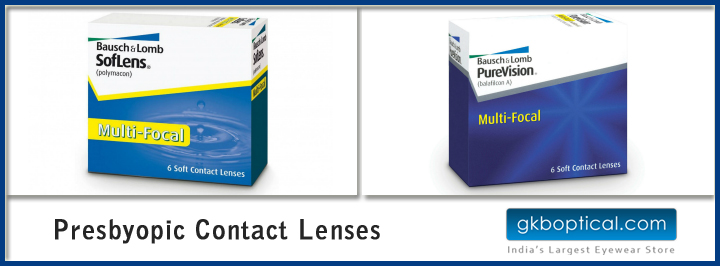Bifocal and multifocal contact lenses are specially designed to provide you with good vision on reaching 40s. At this age, you generally hold the reading material like newspaper or magazine farther from your eyes for clear vision. This particular condition is called “presbyopia”.

Bifocal and multifocal contact lenses are available for both soft and rigid gas permeable varieties.
What is the difference between Bifocal and Multifocal Lenses?
Bifocal contact lens has 2 powers – one for viewing clearly from far off and the other one for viewing clearly up close. Whereas, multifocal contact lenses give you added benefits over eyeglasses allowing you to view at any direction – up, down and to the sides – with similar vision. Multifocal contact lenses include progressive eyeglass lenses exhibiting a range of powers for viewing clearly – distance, near and intermediate (arm’s length) vision. Also used as a catch all term for all lenses with more than one power, multifocal lenses contain two or more lens powers to view objects at all distance.
Classification of Multifocal Contact Lenses
On the basis of design, there are basically two types of multifocal contact lenses:
Concentric ring designs
Concentric ring design are bifocal lenses with either distance or near power in the centre of the lens with alternating rings of distance or near powers circumscribing it. In the most basic form, the concentric ring design is comprised of a central circular area of one power with a ring around an alternate power, similar to a bull’s – eye.
Aspheric designs
Aspheric design is referred to as a progressive style multifocal lens, with numerous powers blended across the lens surface. Few aspheric lenses have the distance power inbuilt in the centre of lens, whereas others have the near power in the centre.
How does Multifocal Contact Lens work & is it preferable?
Most people who try multifocal contact lenses need to make few compromises on wearing it. For instance, the distance vision with multifocal contact lenses may not seem clear enough or might cause trouble with glare at night or may also cause difficulty in viewing small prints.
In some cases, people with presbyopia prefer monovision or modified monovision. Both these fitting strategies utilize single vision lenses – that are, lenses with only one power instead of multifocals. In monovision, people wear single vision contact lens on one eye for distance vision and a single vision contact lens on the other eye that endows prescription for near vision. In modified monovision, people wear single vision distance lens on one eye and a multifocal contact lens on the other to assist them to view better up close.

Therefore, to determine the best contact lenses for your vision on reaching bifocal age, GKB Opticals recommends you to consult an Ophthalmologist for better advice on which lens type to opt.

